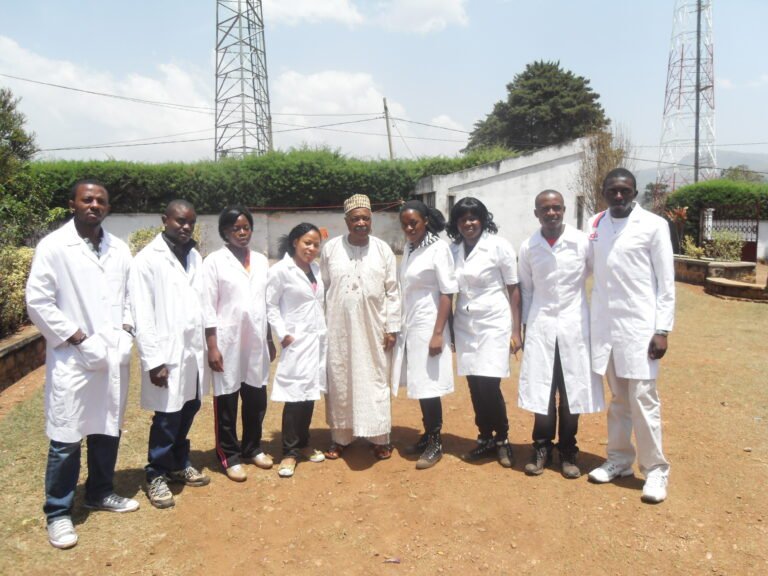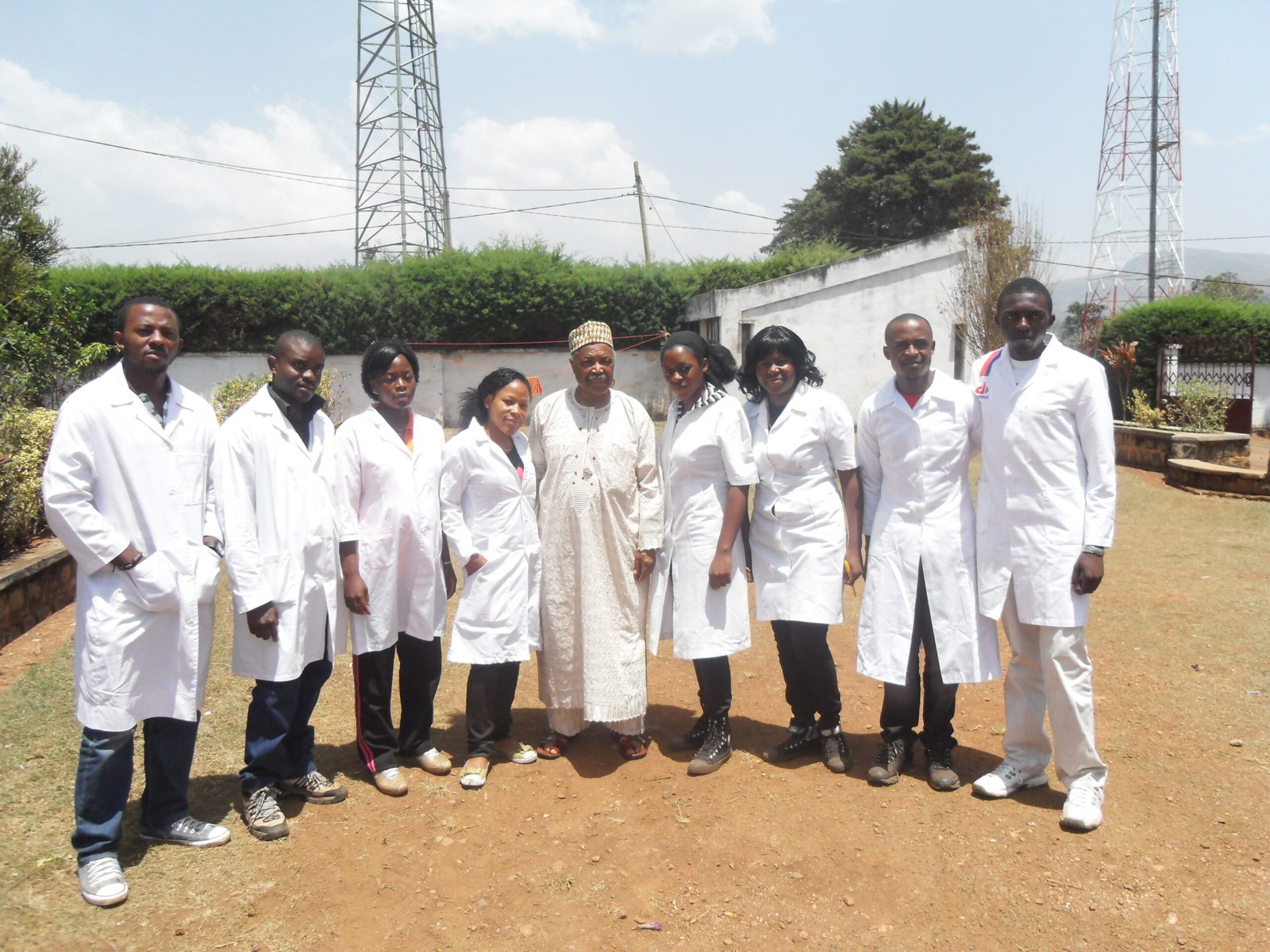Chemical Engineering Program

SPECIALTY : Chemical Engineering
DURATION : 4 years (8 Semesters)
DEGREE IN VIEW : Bachelor of Engineering (B.Eng.)
DEPARTMENT : XXXXXXXX
SCHOOL : School of Engineering (SENG)
Category : Undergraduate
The curriculum in chemical engineering is designed to produce graduates that have the ability to apply knowledge of mathematics, science, and engineering; the ability to design, conduct and interpret experiments; and the ability to design a chemical engineering system, component, or process. Graduates should also have the ability to function on multi-
The curriculum should also assure that graduates have the ability to communicate effectively, the broad education necessary to understand the impact of chemical engineering solutions in a global and societal context, and recognition of the need for, and an ability to engage in life-
The curriculum assures that graduates have a thorough grounding in chemistry, along with a working knowledge of advanced chemistry such as organic, inorganic, physical, analytical, materials chemistry, or biochemistry. In addition, a working knowledge, including safety and environmental aspects, of material and energy balances applied to chemical processes; thermodynamics of physical and chemical equilibria; heat, mass, and momentum transfer; chemical reaction engineering; continuous and stage-
Program Objectives
The objectives of the Chemical Engineering Program at SENG are to produce graduates who:
- will excel in careers as chemical engineers in the businesses and industries related to chemical engineering; and
- will successfully pursue research and advanced studies in chemical engineering, or in related fields such as chemistry or biology, or in related professional fields such as medicine, law, and business.
Career Opportunities
Chemical engineering is a profession, which provides a link between scientific knowledge and manufactured products. The chemical engineer relies on science, experience, creativity, and ingenuity to produce these materials economically. Almost everything of a material nature used by society today has at some point felt the influence of the chemical engineer. From raw materials such as minerals, coal, petroleum, and agricultural products, chemical engineers create versatile intermediate and commodity chemicals, high performance fuels, new materials for construction, pharmaceuticals, high performance foodstuffs, synthetic textiles, plastics, solid state electronic components, and dozens of other engineered materials. The chemical engineer’s influence has been important in the development of catalysts, fuel cells, automatic controls, biochemical processes, artificial kidneys, tissue engineering, nuclear energy, medical instruments and devices, as well as in the development of air and water pollution control systems. Many new and equally exciting challenges await the practicing chemical engineer of the future.
The profession of chemical engineering embraces a wide variety of activities including research, process development, product development, and design, manufacturing supervision, technical sales, consulting, and teaching. The engineer can be behind a desk, in a laboratory, in a manufacturing plant, or engaged in nationwide and worldwide travel. Successful chemical engineers find chemistry, mathematics, and physics to be interesting and exciting. Many chemical engineers also have interest in the biological sciences. The curriculum in chemical engineering includes continued study of chemistry, biochemistry, mathematics, and physics as well as intensive study in the engineering sciences such as chemical reaction engineering, thermodynamics, mass transfer, fluid mechanics, heat transfer, system analysis and process synthesis, and design.




